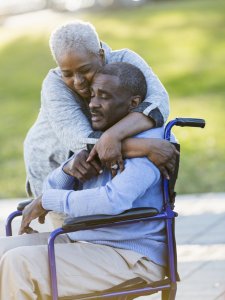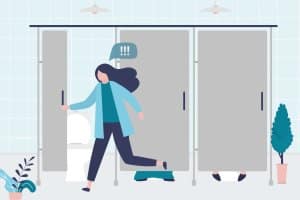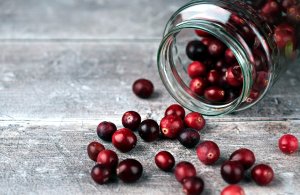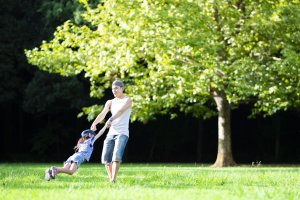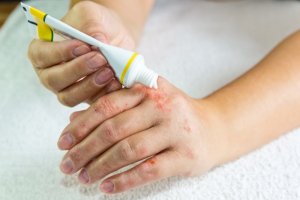In a blog for anyone worried about their drinking, or supporting someone with alcohol dependence, Sarah Chapman from Cochrane UK looks at evidence for the effectiveness of Alcoholics Anonymous (AA) and other 12 step programmes, and hears from some people with experience of becoming sober through AA.
Latest Articles
Vitamin D supplements for better health – what’s the evidence?
In this blog for people thinking of taking a vitamin D supplement, GP Robert Walton shares NHS recommendations and looks at the latest Cochrane evidence on vitamin D to help you make a choice about whether to take vitamin D supplements.
Stroke: evidence, experience and resources
On this page, you can find our blogs about different aspects of stroke. Many of them include research evidence and also reflections from people affected by stroke themselves, health professionals involved in the care of people with stroke and stroke researchers. There are also links to helpful resources.
Myopia in children: is there anything that can slow its progression?
John Lawrenson blogs about the latest Cochrane evidence on interventions for controlling myopia in children and asks ‘What is the most effective treatment?’
Stroke survivors: measuring what is important in speech recovery
Stephen Taylor, Joe Bugler, and Annette Dancer are three stroke survivors affected by dysarthria (unclear speech). They are also members of HEARD (Healing, Empowered And Recovering from Dysarthria), a patient involvement group which has helped to shape research to identify the things that matter most in speech recovery after stroke. In this blog, they tell us more.
Urinary incontinence in women: what can help?
Many women have urinary incontinence but there are things that can help. In this short blog, Cochrane UK’s Sarah Chapman and Selena Ryan-Vig take a look at some options and the evidence for them.
Cranberries to prevent urinary tract infections (UTIs): a quick look
Can cranberries prevent urinary tract infections (UTIs) from coming back? What other options are available without a prescription? In this short blog for women with UTIs that come back (recurrent UTIs), Selena Ryan-Vig from Cochrane UK looks at the evidence.
ADHD: evidence to help you decide how best to manage the condition
In this blog for anyone affected by ADHD, Robert Walton, a GP and Senior Fellow in General Practice at Cochrane UK, examines the latest Cochrane evidence on the best ways of managing the condition and some things you may want to consider when making treatment choices.
Cognitive stimulation for people with dementia: making a difference
Cognitive stimulation is a structured approach that aims to engage people with dementia in enjoyable activities that generally stimulate areas of cognition such as thinking, language skills, concentration and memory. In this blog, retired clinical psychologist and dementia care researcher, Bob Woods, explains how it might help people living with dementia.
Antidepressants for chronic pain: an important evidence gap
A recent Cochrane Review – the largest ever investigation into antidepressants used for chronic pain - shows insufficient evidence to determine how effective or harmful they may be. In this blog, principal investigator Professor Tamar Pincus explains the findings, and a clinician (Dr Peter Cole), a patient, and a researcher (Hollie Birkinshaw,) share their reflections.
iHealthFacts website: fact-check things you read and hear about health
In this blog, Dr Paula Byrne, post-doctoral researcher with the University of Galway, explains the difficulty – and importance of – knowing whether health information is true, and explains how iHealthfacts – a website where the public can fact-check things they read and hear about health – aims to help.
Eczema treatments: evidence to help you choose
A blog for people with eczema and those caring for children with eczema, by Cochrane UK's Sarah Chapman, looking at trustworthy evidence on emollients or moisturisers and topical steroids.



